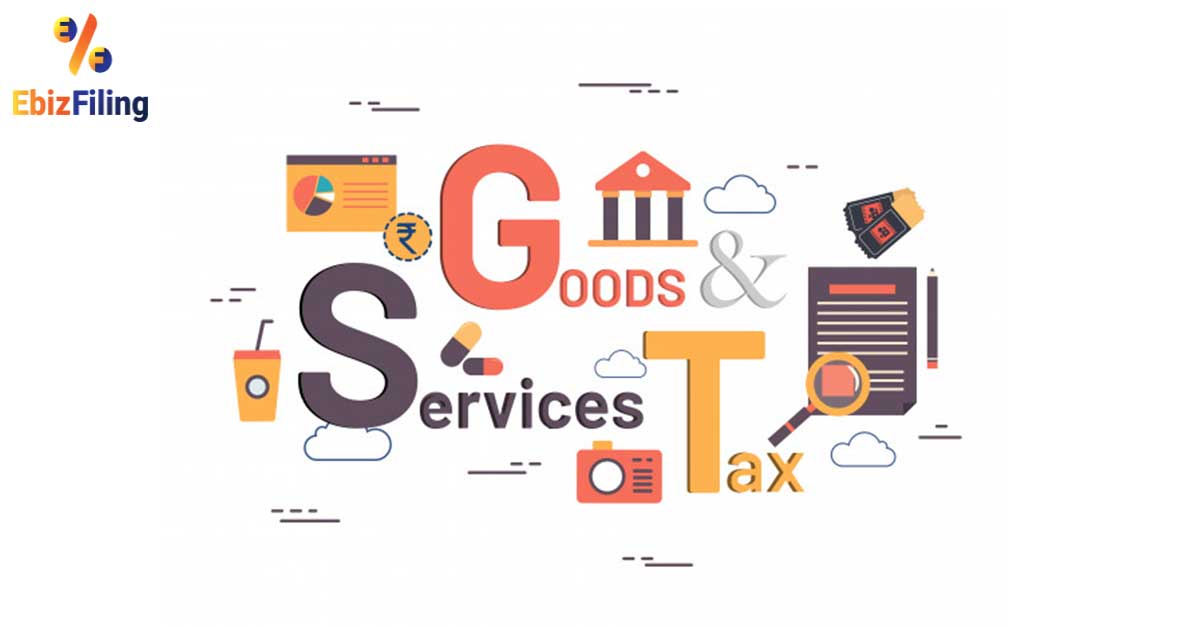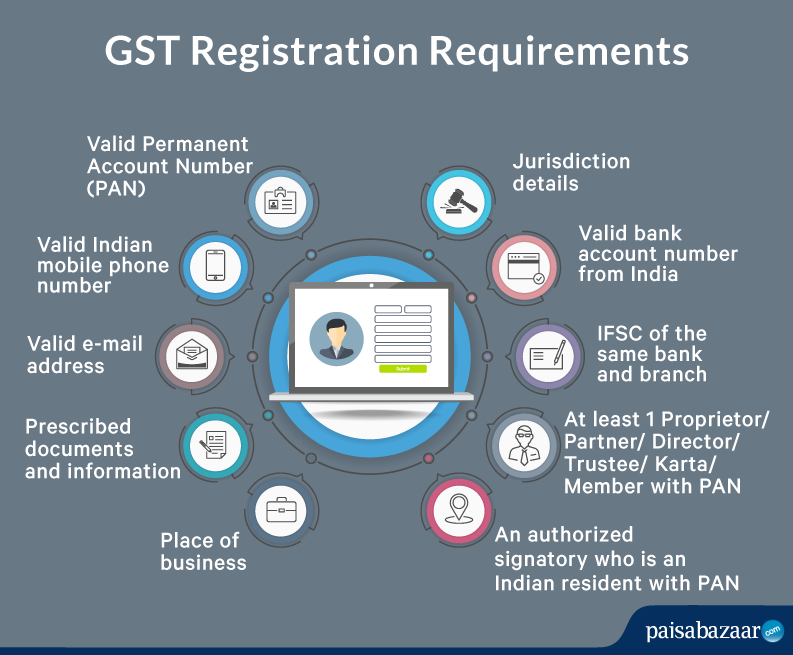Unlock the Advantages of GST Registration in Singapore with CFO Account & Services
Unlock the Advantages of GST Registration in Singapore with CFO Account & Services
Blog Article
Throughout: A Comprehensive Introduction of GST Registration and Exactly How to Efficiently Register Your Company
Browsing through the complex procedure of GST registration can be a crucial step for any kind of company seeking to establish compliance and authenticity in the market. Why choose CFO Account & Services for GST registration in Singapore. From comprehending the basic concepts of GST to satisfying the qualification criteria and gathering the essential documentation, the journey in the direction of effective registration can usually seem like an overwhelming task. However, with the ideal advice and insights, services can streamline this process and unlock the benefits that include being a signed up entity.
Recognizing GST and Its Importance
Recognizing the Product and Solutions Tax (GST) and its significance is crucial for organizations running in economic climates where this tax system is executed. By allowing businesses to assert input tax obligation credit reports on the tax paid on purchases, GST makes sure that taxes are computed only on the worth added at each phase of the supply chain.
In addition, GST promotes conformity and transparency in the tax obligation routine, reducing tax obligation evasion and increasing federal government revenue. It streamlines tax management and compliance for organizations by offering a common platform for tax obligation filing and payment. Generally, an extensive understanding of GST is crucial for organizations to efficiently browse the complexities of the tax obligation system and ensure compliance with the regulation.
Eligibility Requirements for GST Enrollment
To sign up for GST, companies have to satisfy details eligibility requirements laid out by the tax authorities. The key requirement for GST registration is that the organization's accumulated turnover surpasses the limit established by the federal government, which varies by state. As of the present standards, businesses with an annual turn over of Rs. 40 lakhs or even more in the majority of states should register for GST. Nevertheless, for organizations running in northeastern states and hilly regions, the limit is Rs. 20 lakhs. Furthermore, specific organizations, such as those associated with inter-state supply of solutions or items, casual taxable persons, and non-resident taxed individuals, are called for to sign up for GST no matter of their turn over.
Additionally, services associated with supplying items or solutions through e-commerce systems are likewise mandated to register for GST, regardless of their turn over. Services that were registered under the previous tax obligation program, such as VAT, import tax responsibility, or solution tax, must shift their registration to GST. Sticking to these eligibility standards is critical for services seeking to abide by the GST regulations and stay clear of any fines for non-compliance.
Files Needed for GST Registration
When requesting GST registration, services must guarantee they have all the necessary files in order to finish the procedure efficiently and effectively. The vital files needed for GST enrollment include evidence of organization registration or unification such as the Certificate of Consolidation, collaboration deed, or registration certification. In addition, companies require to give proof of address for the primary workplace, which can be supported by papers like an energy bill or a rental agreement.
Moreover, records verifying the identity and address of the companions or marketers involved in the company, such as check this PAN card, Aadhaar card, or ticket, are crucial for GST registration. Checking account statements or canceled cheques showing the name of the address, account, and company number are likewise required to validate the savings account information supplied during enrollment.
Making certain all the required files are in order and easily available will certainly simplify the GST enrollment process and help businesses stay clear of problems or delays.
Online Enrollment Process for GST

After completing the kind, supporting papers need to be published as per the standards provided. These papers generally consist of proof of service registration, address evidence, financial institution declarations, and identity proof of the company proprietor. It is vital to ensure that all papers are clear, legitimate, and submitted in the defined format to prevent hold-ups in the enrollment process.
When the application and documents are submitted, services can track the standing of their GST registration online. If there are no problems or added information needed, the GST enrollment certification will be issued digitally, noting the effective completion of the on the internet enrollment procedure.
Post-Registration Conformity and Tips

Additionally, companies should preserve proper account books, including invoices, accounting documents, and economic declarations, to sustain the info offered in GST returns. Routine audits and settlements must be performed to make certain information precision and compliance with GST legislations. Additionally, companies should stay upgraded on any type find more of modifications in GST policies, rates, or conformity treatments to make needed modifications quickly. Looking for professional aid from tax obligation specialists or accounting professionals can likewise help organizations navigate complex GST conformity requirements properly. By remaining positive and watchful in post-registration conformity, companies can avoid charges, maintain great standing with tax authorities, and foster functional efficiency.
Conclusion
In final thought, the procedure of GST registration is vital for organizations to follow tax obligation laws and operate lawfully. By recognizing the qualification criteria, gathering the needed records, and completing the online registration procedure, organizations can successfully register for GST. It is essential to remain certified with post-registration needs and seek professional assistance when needed to make sure smooth procedures.
Services that were registered under the previous tax obligation regime, such as VAT, import tax obligation, or solution tax obligation, must transition their registration to GST. The key documents required for GST registration include evidence of service enrollment or unification such as the Certification of Consolidation, collaboration act, or enrollment certificate.Upon successful conclusion of the GST enrollment procedure, services have to quickly adhere to post-registration compliance needs to keep governing compliance and guarantee smooth operations.In conclusion, the procedure of GST enrollment is necessary for services to conform with tax regulations and run lawfully. By comprehending the eligibility standards, collecting the required documents, and finishing the on the internet registration procedure, services can successfully sign up for GST.
Report this page